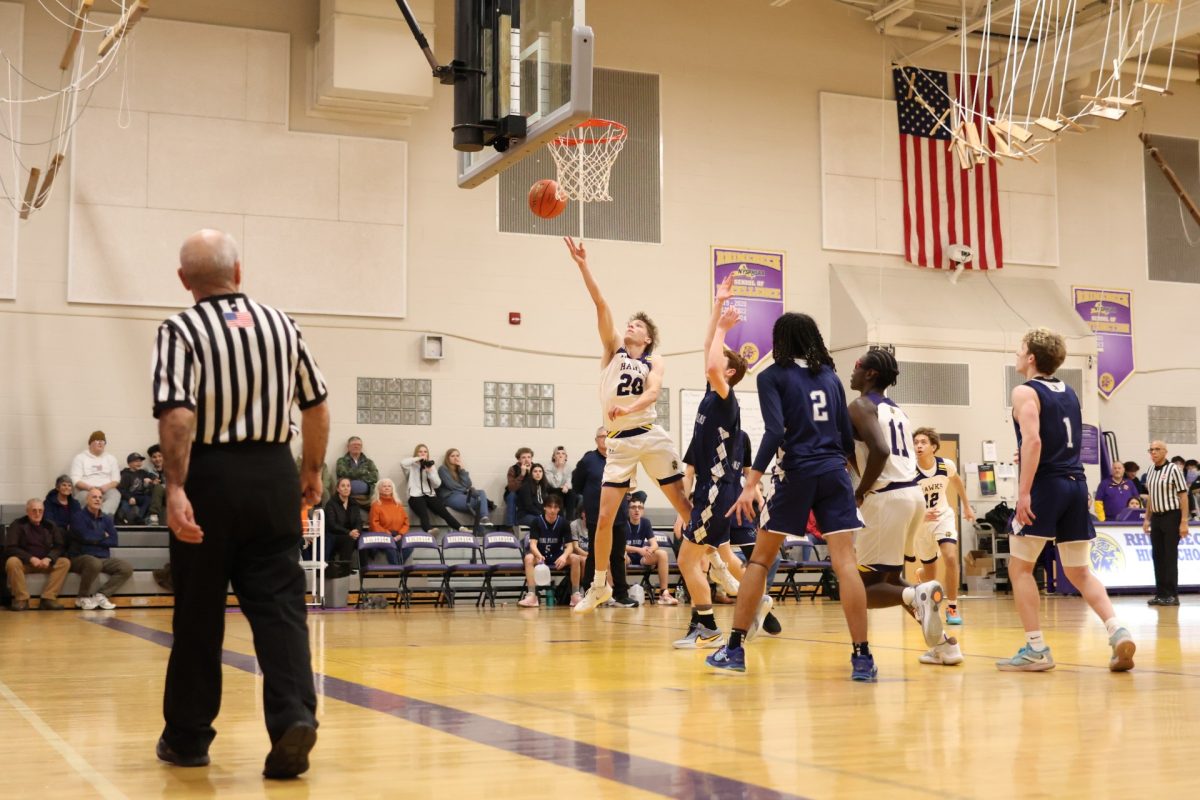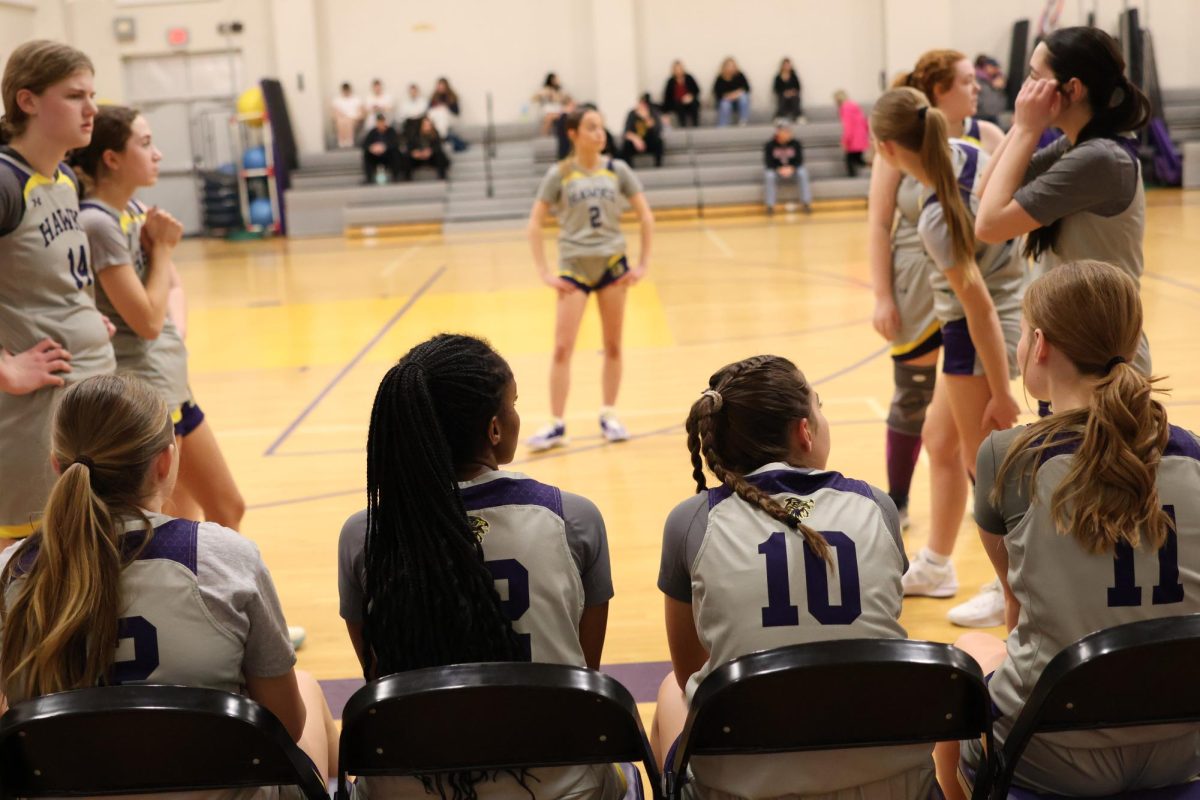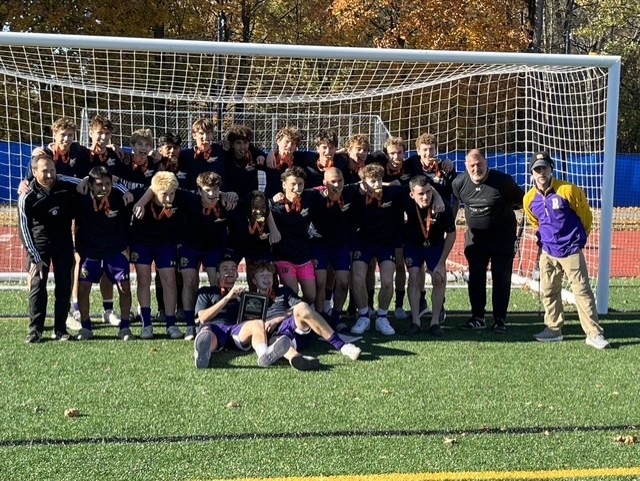As the school year ends, many seniors will be looking towards college, trade school or even entering the workforce. But for three of our very own, they will continue their athletic journeys playing for their new colleges. Henry Lehane, Parker Ruger and Brady Fisher all will be taking the next step to college athletics. But how much does it take to become a collegiate athlete? We asked some questions to all three:
What college will you be attending and what sport will you be playing?
Brady: Castleton University; Playing soccer
Parker: Springfield College; Running Track
Henry LeHane: Utica University; Playing Baseball
What does it mean to you to be able to play your sport in college?
Brady: My family isn’t known for playing sports in college, so being able to play collegiate sports just means the world to me.
Parker: “Knowing that I have 4 more years of running is very exciting. I haven’t even touched what I’m really capable of. And I didn’t really take track that seriously so knowing I’ll have 4 more years to really focus and get better and being with people who will push me is amazing.”
Henry: “The ability to be able to continue to play the sport that I love for as long as I am able is what means the most to me about playing baseball in college. It also feels great knowing that all the work I have put in over the years is paying off.”
How much work did it take you to get to this place?
Brady: “I got a strength trainer to help my body get ready for college, and found a club team that can help refine my skills with practices 3-4 times a week.”
Parker: “Lots and lots of work outside of school, a lot of unseen work must be done to become a collegiate athlete.”
Henry: “To get to this point it took constant work in the weight room, late night bullpens with Coach Brooks, traveling to tournaments as far as Florida, and complete dedication to wanting to play at the next level. There’s also work that goes on outside of practices and the weightroom like talking to and building relationships with college coaches during the recruiting process.”
If you had one piece of advice for aspiring athletes trying to get a scholarship, what would it be?
Brady: “Remind yourself how much you love the sport you play, if you want to play in college you have to truly love it or you won’t succeed. Keep working and pushing for an opportunity, there are times you will be told “no” but you have to rebound and keep going to get what you want.”
Parker: Ask yourself if you really want to be a collegiate athlete and look into the future. If you say yes, push yourself as hard as you can. And give 100 percent no matter what you do. Find someone better then and try to push yourself to be better than them each day. The easiest way to get better is to find a group of people that are better than you.
Henry: If your goal is to play your sport in college, you need to be 100% committed to working towards that goal and getting 1% better everyday. That being said, you need to remember that sports are supposed to be fun, and you shouldn’t push yourself to the point where you don’t find enjoyment out of the sport you love.




